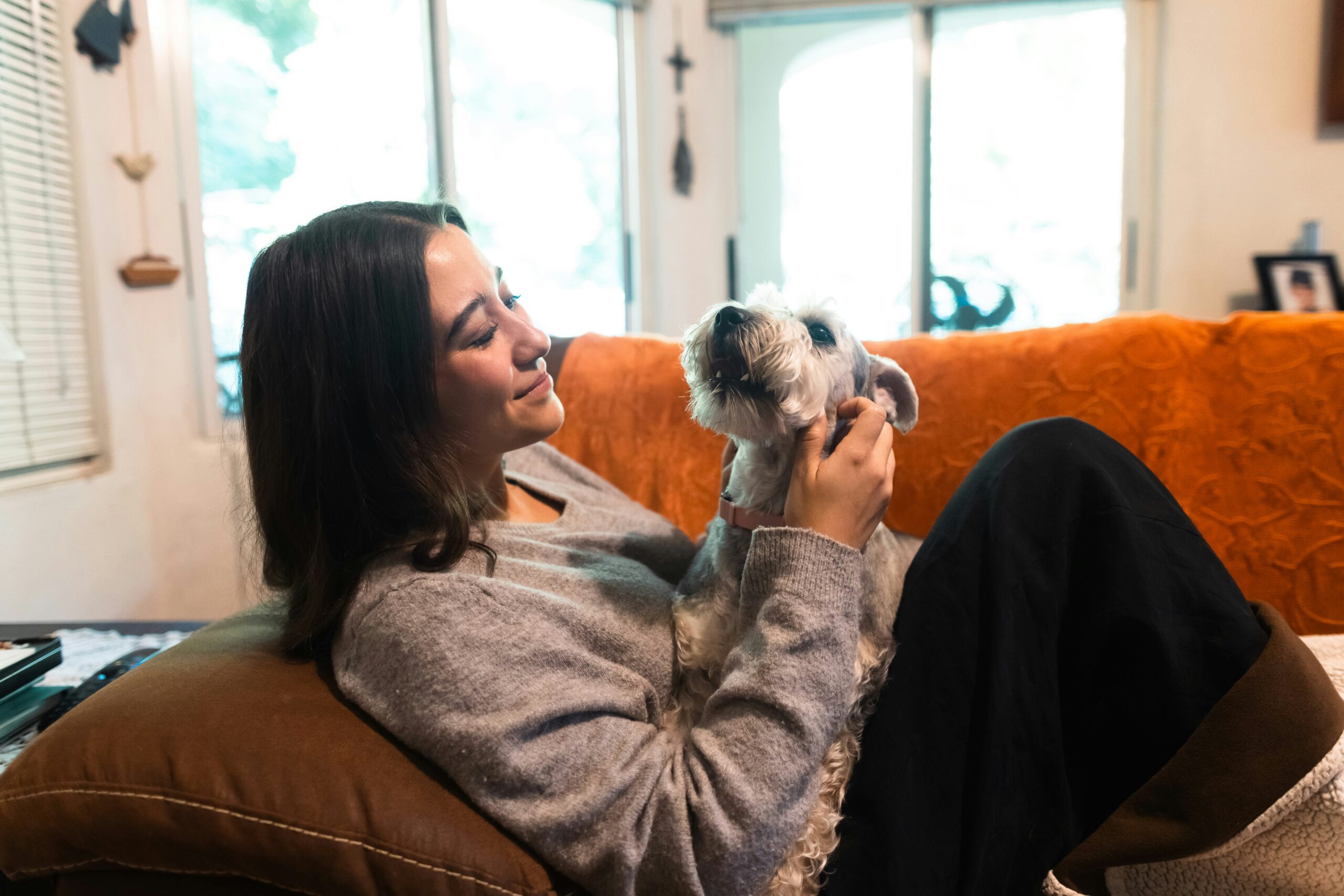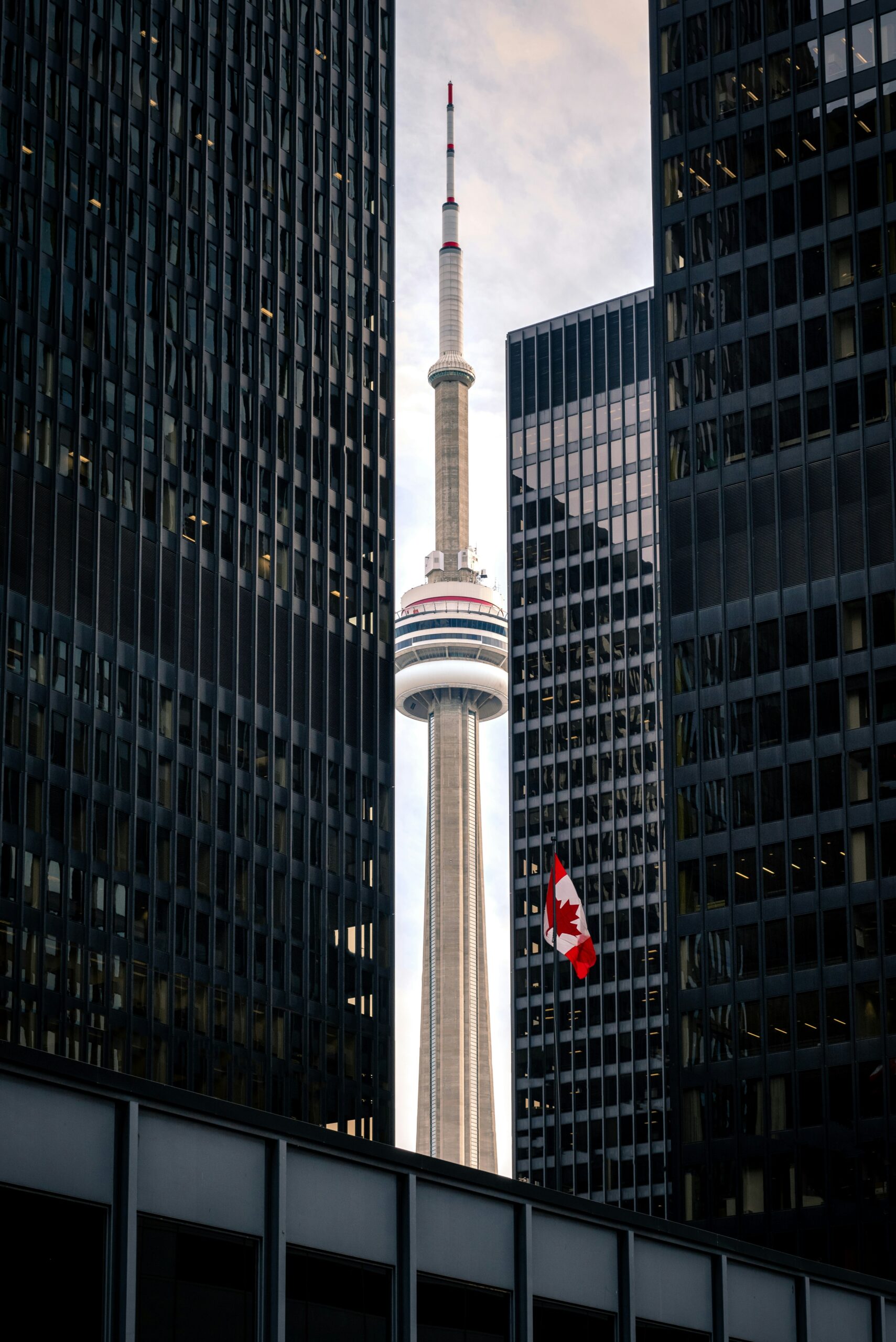The almighty dollar could be used as an encouragement for those unvaccinated against COVID-19 to get their shots.
At the beginning of the pandemic, it would have been unimaginable to think finance could be used as a strategy to control the spread of the pandemic.
Last week, the Québec Premier announced the unvaccinated would face a tax.
The logic is that only 10 per cent of Quebecors are unvaccinated, but that small number accounts for about half of the patients in hospital intensive care units. All provinces, including Ontario, are starting to push the limits on ICU capacity.
Plus, the Omicron variant is highly contagious. This could be a medical catastrophe if hospitals cannot cope with continually rising numbers of COVID-19 patients needing urgent care.
The desperate need to curtail the pandemic will be weighed against individuals’ freedom to make their own choice about receiving the vaccine.
One initial reaction to the proposed tax was that some may not be financially able to make that payment. Yes, that might be true.
Considering the needs of us all: The pandemic has been financially devastating to many.
We know from previous studies that many Canadians live paycheque to paycheque. Any interruption in that income means that they would not be able to make ends meet. Some received funds from the government, but many have taken a serious financial hit.
Premier Ford’s initial reaction was Ontario residents would not face a Covid tax for the unvaccinated. But if a Québec tax encourages more to become vaccinated, will Ontario follow their lead?
Peter Watson, of Watson Investments MBA, CFP®, R.F.P., CIM®, FCSI offers a weekly financial planning column, Dollars & Sense. He can be contacted through www.watsoninvestments.com.




